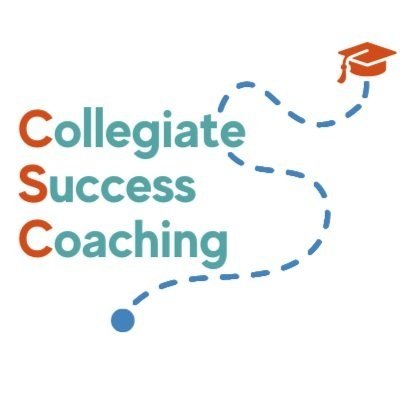Post Season Game Plan
Whew! Congratulations! Another season of college parenting has come to an end. You’ve dodged tackles, given locker room pep talks, and run offensive drills with your student for roughly 14 weeks. This long season began with a fresh and hopeful pre-season drop-off and continued with coaching from the sidelines about COVID safety and online learning. In the final quarter, you went #allin to get your student home safely at Thanksgiving and through finals week. Whether you have a Bulldog, an Owl, or a Tiger and the like, if you and your player aren't taking a well deserved nap right now, you should be. You parented through an especially hard-hitting season of college matriculation.
Like any good coach, you know that what happens on the field during a game is largely dependent on all of the right things happening during practice, and that’s why now is the perfect time to do some postseason reflection with your student about their strategies for academic success. Reflection is one of the most vital parts of learning, yet, in our fast-paced, quick fix world, we often skip the part where integration, meaning-making, and continuous improvements can be made.
Students often attribute a poor grade outcome to external influences like a bad professor (yes,those do exist), a significant negative life event (no doubt, those happen and can be factors), or a less than ideal learning environment (environment is a key factor but not the only factor). All of those scenarios are primarily fixed parts of the college experience, so the best way for a student to prepare for those “game dynamics” is to control the controllables: the student’s own habits, attitudes, beliefs, and expectations (commonly referred to as HABEs). Cognitive scientists have written widely about the importance of focusing on the process of learning rather than the outcome to see consistent behavior change and improvements in mindset. Your student’s HABEs directly influence their process, and that’s where to target change. To receive a better outcome next season (semester), each student must develop new insights about their own learning process and how it can be improved, fine-tuned, or even overhauled with a whole new game plan. This begins with an honest and healthy self-appraisal of what went well and what didn’t. Think of this as a team watching films (are they called that anymore?) from previous games. The objective is to celebrate small wins, identify errors, create a plan to correct them, and then to design new study strategies and habits to practice.
Your job (and mine, for that matter!) is to coach toward personal awareness, willingness rather than resistance, resilience, and the consistent practice of new skills and habits, not to actually do the work for them. The timing and conditions for this coaching conversation are key, so wait until the frayed nerves caused by final exams have healed with sleep, nourishment, and rest. Your tone is important, too, so aim for calm and encouraging. Start with what went right, and include the non-academic successes. From an Academic Life Coaching point of view, the best way to achieve that is through powerful questions and reflection paired with accountability. Here are a few from my coaching question bank to help you start the conversation:
What are you most proud of this semester?
What’s the single most powerful thing you did to get these results?
What’s the single most powerful change you could make to your study habits to minimize stress and to improve your grades next semester?
Rate your use of time outside of class/work on a scale of 1-10. (can be a real eye-opener)
What is preventing you from making changes?
What opportunities do you have that you have not taken advantage of yet?
If you could do last semester over again, what would you do differently?
How else could a student handle a situation like yours?
How do you want to feel about your grades and your progress at the end of Spring 2021?
What will it take to produce that outcome?
What’s the biggest lesson you are taking from Fall 2020?
How can you remember what you have learned about how you respond to stress before you get stressed?
What will happen if you don’t change your approach?
How can I support your effort?
What steps need to be taken to get the outcome you want?
When/how will you implement these changes?
If I may extend the metaphor again, another important thing to remember about being a good coach is that coaches never actually run the plays. You can try to influence your student and contribute a tactical vision, but in the end, they either run the ball into the end zone, settle for a field goal, or get sacked. With the right balance, your student will engage the process of reflection to see its benefit as an opportunity to gain yards rather than a blindside tackle.
If I can be of any help in your student’s college journey, please reach out. I am booking Spring 2021 sessions now.

